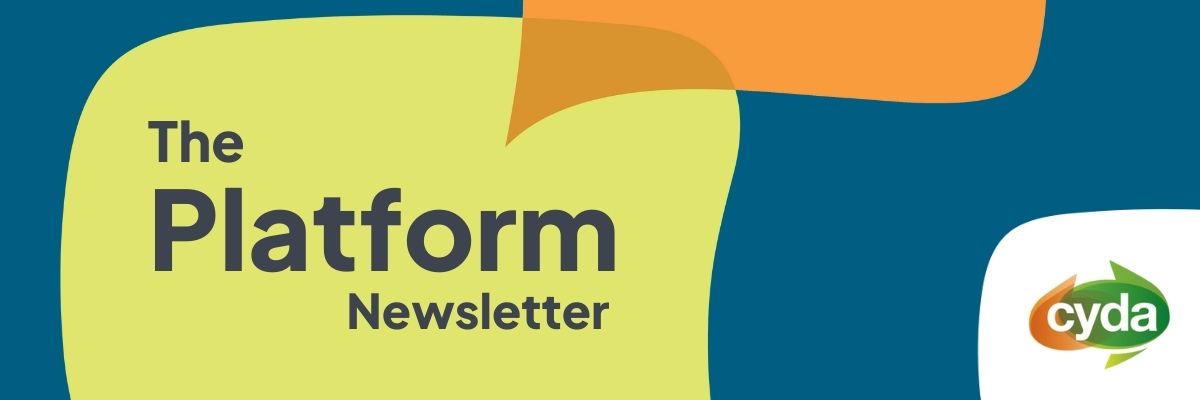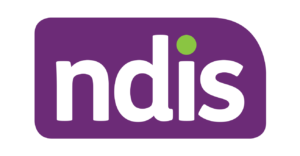Embracing the unfamiliar: AI and assistive tech
Caitlin Blanch explores how overcoming fear of the unfamiliar, and embracing new technologies, can empower people with disability.
Technology has long been an agent of empowerment for people with disability. Assistive tech, like mobility and hearing aids and text-to-speech systems, allow for a level of personal autonomy and connectivity with wider society. Yet historically, society has been slow to embrace change. The first wheelchair was likely developed hundreds – if not thousands – of years ago, but stigma against disabled people in public spaces meant it took until the 20th Century for this revolutionary invention to become widely adopted. When faced with new technologies, society tends to inhibit itself by catastrophizing and fearing the unfamiliar or being reckless in experimentation. As was the case then, so it is now with artificial intelligence.
Artificial intelligence (AI) is an example of rapid change. Alongside assistive tech, it has a significant role to play in promoting accessibility across multiple, intersecting sectors of our communities. AI algorithms are already being used in numerous ways to support people with disability, from improving existing assistive tech to allowing for more ‘personalized learning and healthcare solutions’. But as new tools and applications for AI become ever more popular, we’re told at once to limit its usage and to use it more effectively. We’re warned that it will take our jobs but also urged to celebrate it because it will make our jobs easier. These conflicting messages evoke both fear and excitement.
Unfortunately, it’s the fear – and our desire for familiarity and certainty – that often prevails as a means of oppressing and resisting change. This same fear is what has repeatedly denied the infrastructural and social change needed to ensure that our society is accessible for everyone. Its misconceptions, and its reluctance to change, absolve its prejudices, and build meaningful relationships with the disability community, are also what prohibits the integration of AI. How do we overcome this?
After finishing my final years of school, the mandate to live my life a certain way (at the mercy of the bells and repetitive recess times) was lifted. I had pre-written answers, a picture of what my life would look like and what it should look like. I did not realize how complacently I had lived until I was faced with post-school nothingness. I shrivelled and lurked aimlessly in the abyss of uncertainty, seeking the opinions and validation of others. But once I had taken the time to understand my goals and how best to achieve them with the knowledge I have now, it became less daunting and moreempowering.
As we are seeing now, our world changes too, often in unregulated and strange ways. The process of leaning into and accepting change remains both unfamiliar and fearsome. But there is beauty in seeking to explore uncertainty and in using information and the perspective you have to guide your dance with the new. And when confronting fear can mean that people within our community are empowered, I believe it is pertinent to build understanding, to negotiate, to establish boundaries, to increase our efficiency and cohesion as a society, and to change.
We just have to give it a go.
This article is an extract from CYDA’s The Platform Newsletter. Receive monthly updates by subscribing below.

About the author:
Caitlin (she/her) is part of the class of 2023, completing her HSC in NSW. Caitlin is passionate about challenging the stereotypes of disability and empowering youth to lead with self-agency and confidence. She is interested in policy/law and advocating for an inclusive and accommodating Australia. Caitlin enjoys reading, binge-watching tv series, spending time with her chickens and sheep, and a good chai tea!

The Platform is our newsletter for young people with disability, featuring interviews, opportunities and news on the issues that matter to you!







